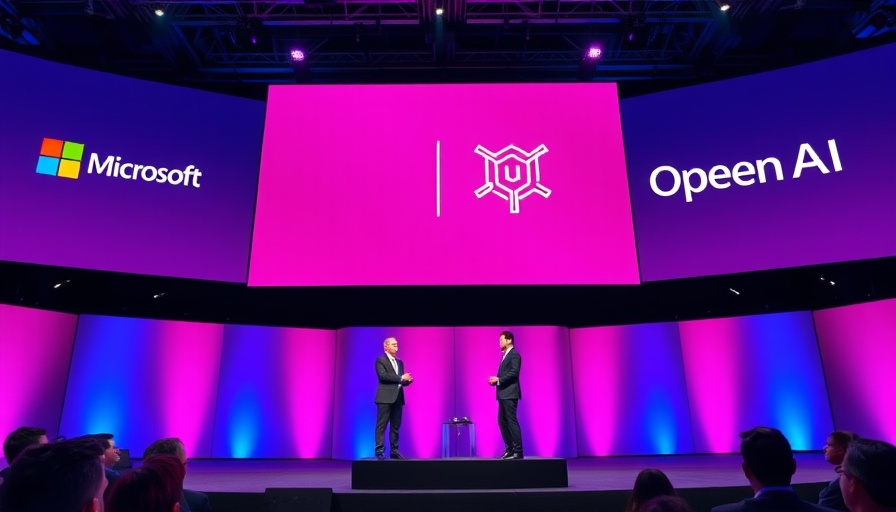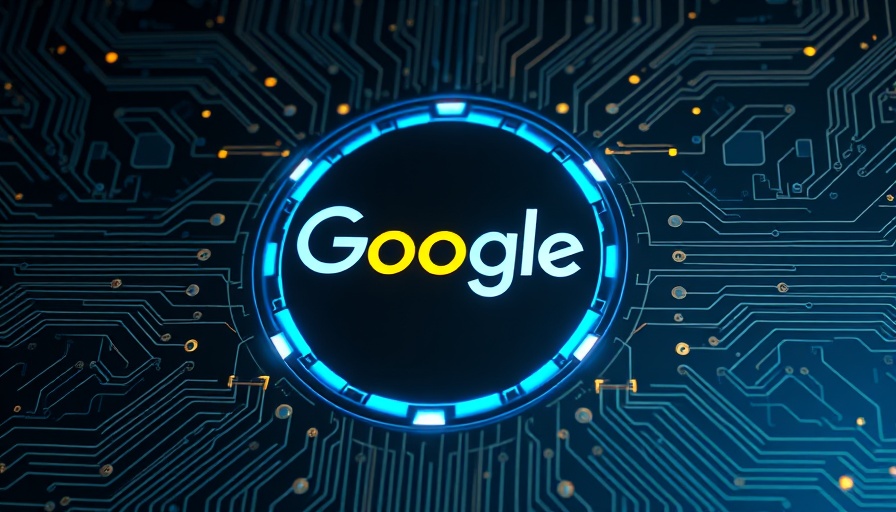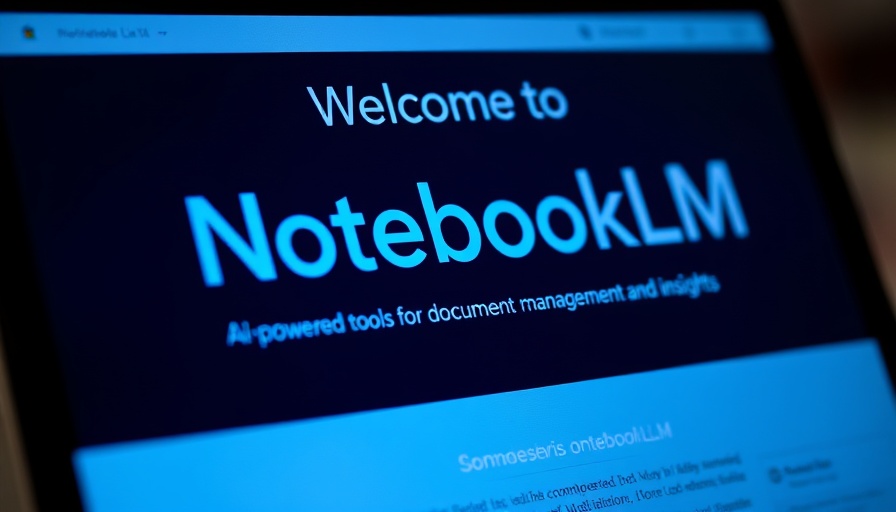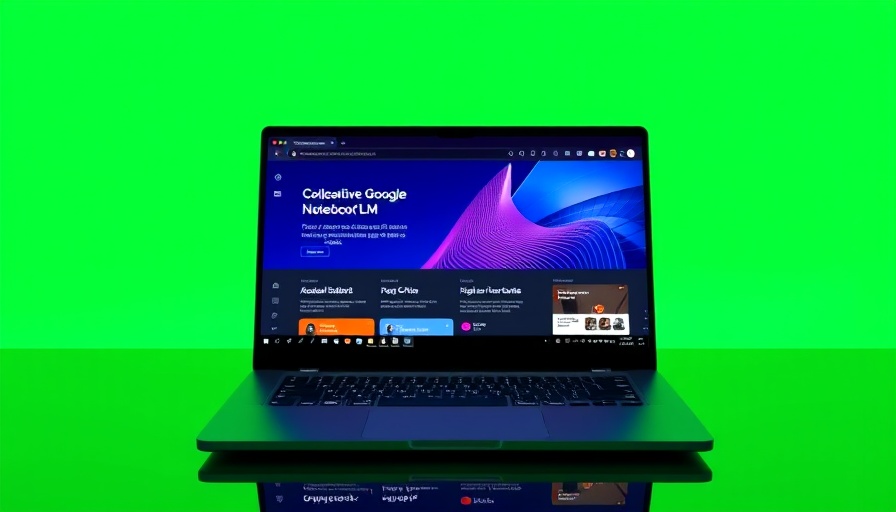
Microsoft's AGI Stance: A Different Path in AI Development
In the rapidly evolving landscape of artificial intelligence, two different giants steer their ships in opposite directions. OpenAI, the brainchild behind ChatGPT, has firmly set its sights on achieving Artificial General Intelligence (AGI)—the goal of creating machines that can perform any intellectual task that a human can. Contrarily, Microsoft, a key investor and partner, has raised eyebrows with its skepticism regarding AGI's potential and its dedication to pursuing a different vision of AI.
The AGI Vision: Integrating Human and AI Capacity
As articulated by OpenAI CEO Sam Altman, the mission surrounding AGI isn't merely about technological advancement but ensuring that such intelligence contributes positively to humanity's future. Altman's statement emphasizes building an AI that serves as a fourth-generation tool in human progress, but Microsoft's CEO Satya Nadella has presented a contrasting perspective: AGI might simply be hype. Nadella remarked that, rather than aspiring to lofty AGI milestones, the focus should shift towards how AI generates tangible economic benefits.
Why Microsoft Questions AGI's Real-World Impact
Microsoft's skepticism stems from its commitment to practicality over idealism. Citing a need for AI technologies that augment human capabilities rather than replace them, the company believes that investments should yield real-world results. Their AI products, such as Copilot, are designed to enhance user experience and productivity within existing frameworks. Microsoft CPO Sarah Bird weighed in on this synergy, stating there is no tension between the differing philosophies, but rather a relationship that fosters bold advancements.
The Financial Reality of AI Investments
Despite Microsoft's enormous investment—reportedly around $12 billion—into OpenAI, there is growing scrutiny regarding the financial outcomes of such ventures. Tech industry analysts have noted that the anticipated revenue growth has yet to materialize, raising questions about the solidity of AI's purported value in the economy. Nadella's critique that AGI is equivalent to "nonsensical benchmark hacking" highlights the widening gap between AI aspirations and market realities. Many stakeholders in the tech sector ponder: when will we witness substantial economic growth that embodies AI's transformative potential?
The Nature of Collaboration: Bridging Differences
Despite their differing approaches, the collaboration between Microsoft and OpenAI illustrates a fascinating blend of ambition and caution. While OpenAI's vision drives it to continuously pursue creative possibilities, Birds reflects an honest acknowledgment from Microsoft—cautious of potential AGI pitfalls while supporting the development of fundamentally useful AI products.
Looking Ahead: Is AI's Promised Utopia Near?
As the debate between hyper-optimism and skepticism surrounding AI continues, what’s urgent is the necessity for responsible innovation. The balance lies not in whether AGI will arrive, but how we address the ethical implications and real-world applications in our present circumstances. The tension, if any, might be seen as healthy competition to encourage respective strategies that challenge the status quo and derive new value propositions.
With this in mind, companies, especially those heavily invested in AI, need to reevaluate their strategies. Are they aiming simply for technology that captures headlines? Or are they ensuring real solutions that augment human capabilities and productivity?
To stay competitive, keep abreast of the ongoing discussions shaping AI's future landscape. Explore new perspectives on leveraging AI in your business through continuous learning and adaptation—before your competition catches up!
 Add Row
Add Row  Add
Add 




 Add Row
Add Row  Add
Add 

Write A Comment